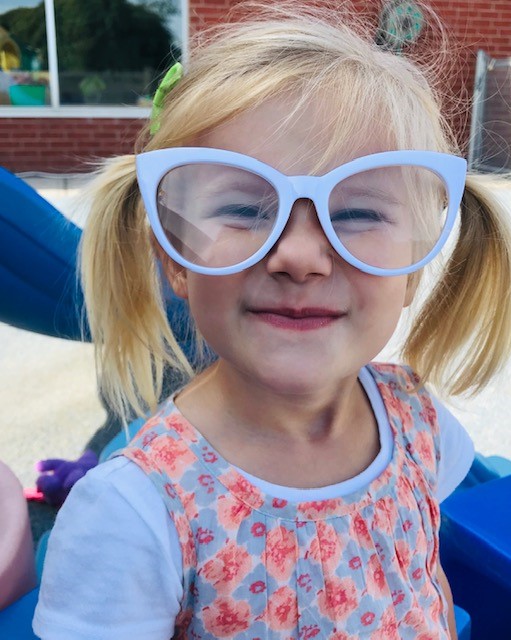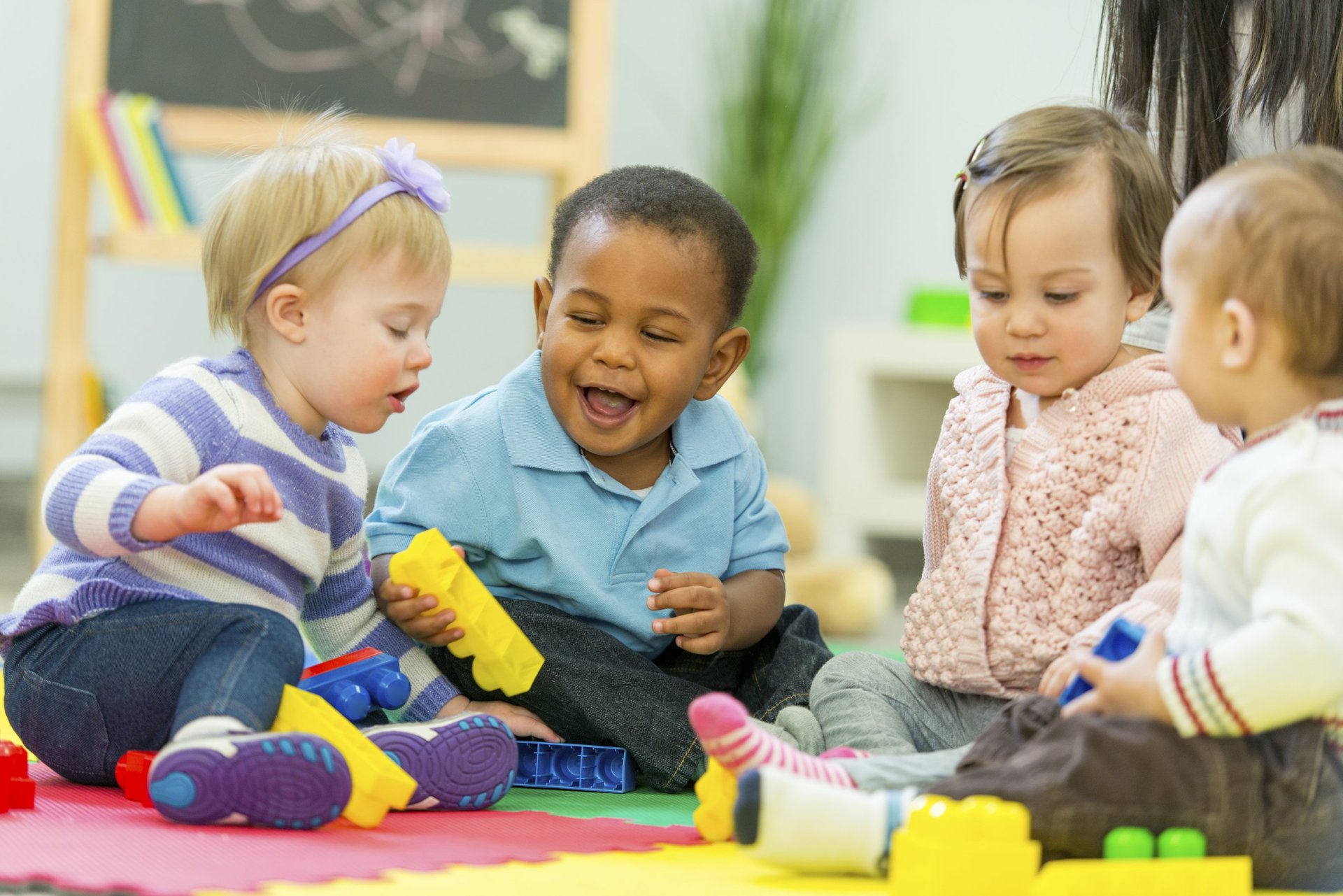Early Childhood Educators – THE Most Important Job in the World
Early Childhood Educators – THE Most Important Job in the World
I was once told that being an Early Childhood Educator was THE most important job in the world. I must agree, especially after so many years of seeing the rewards of my hard work. The relationships and bonds you build with the children and families are long lasting and they create an impact for the family and the educator alike. These relationship are often what inspires educators to continue in their chosen field because they feel rewarded and valued. However, this a bold statement to some and not all agree..
It is widely known that Early Childhood Educators are often viewed as “babysitters” and their expertise and knowledge is often undervalued in society. As we engage with children during this pandemic reopening period, I want to remind educators how valuable they are not only to the children and families, but to society in general.
Our Early Childhood Educators put a lot of thought, effort, and genuine passion into their children’s education and well-being each day. This not only has a direct effect on the family but also impacts the economy as well. By simply having child care allows families to work and sustain themselves and their families. Statistics show that parents with a solid support system and quality child care consistently reflect higher levels of productivity in the workplace. During this pandemic, the issue of child care has become paramount as parents and government begin to realize how important it is to a well functioning economy. So perhaps maybe its not as bold of a statement after all?
Studies conducted by Dr. Fraser Mustard, who established the institute of human development, head-start programs and spearheaded the Ontario early years programs, have changed the world or at least changed a few minds. I was fortunate to be able to see him speak in 1999 and was profoundly moved by his research and body of work. Many of his studies helped gain the financial backing and convince government that early childhood intervention and education was crucial to the economy.
He conducted a study that followed two groups of children over a 27-year period. One group had early childhood interventions, parent supports and educational opportunities starting at birth. The other group had less opportunity, advantages, and resources such as early childhood education. This research indicated that the first group not only achieved higher levels of success in their academics, but showed to be in long term committed relationships, and were self sufficient with established careers in their adulthood. The second group showed lower levels of success across the board as well as having significant drains on the economy and social systems.
https://www.oasw.org/Public/SocialWorkNow/A_Bold_Answer_to_an_Unmet_Need_in_Child_Development.aspx
The 1999 statistics showed that for every dollar directed towards early childhood development resulted in nine dollars saved in tax dollars for public welfare, health care, rehabilitation, and correctional institutional costs.
As you can see, the benefits of the services provided by Early Childhood Educators far exceeds just meeting the basic needs of a child, these educators are changing the world, one child at a time!
For more information about our programs and services click here.
How To Transition From Home to Daycare
How To Transition from Home to Daycare
How To Transition from Home to Daycare by Nichole Folino, RECE
Having been in the childcare industry for almost 20 years, I can tell you honestly that enrolling your child into a quality childcare facility, is truly one of the best things that you can do for them. Is it scary for you and them? Yes, of course, but the experience they will have there is invaluable. Childcare teaches them sharing, patience, teamwork, empathy and so much more. It was always easy to stand in a kindergarten classroom and tell which children had been in childcare and which had not.
There are important steps that you can take when deciding to put your child into a childcare program. First and foremost, make sure you feel comfortable there. After taking a tour of the facility make sure you understand and agree with their values, ask questions and feel confident in your decision. Those few things will help to ease some of the anxiety that you will feel.
When it comes to helping your child adjust and be prepared for the first time in childcare, there are many things that you can do.
1. Transition together
Most childcare centres have a transition period to some degree. Take advantage of it. Spend time with your child in their classroom and with the teachers. This will help you and your child to feel comfortable while they explore the new environment. If you feel that your child may need additional transition time, don’t be afraid to speak to the supervisor.
2. Be Honest
Be honest with them about what to expect during their time there. Give them examples like, when you get to school you will see Ms. Jones, then you will play inside with the toys, then you will go outside on the playground, have lunch, a nap and finally you will have another snack before I pick you up. Setting realistic timelines for your child will help them understand their day and when to expect you.
3. Drive by the Centre
When driving by the childcare centre, point it out to your child. Remind them that they will be going there and provide them with days. You can say, in two days you will get to go and see Ms. Jones. It is important to speak fondly of the teacher and the childcare.
4. Say Goodbye
Lastly, but almost the most important is that you say a quick and confident goodbye to your child. Saying goodbye with confidence shows your child that they are safe. Most children will stop crying shortly after their parents leave. If you are concerned, you can also call the centre and find out how they are doing. Sending a comfort toy from home, whether it be a blanket or stuffed animal can help.
As a mother, I firmly believe that one of the best things I did for my children, was to put them in childcare. I believe it helped them to be prepared for the school system in ways I couldn’t have imagined. They were confident and not scared to leave me the first day of Kindergarten. It was me that cried when they went inside. It provided them a social experience that I could not have given them. They made friends easier and knew how to take turns. They were creative and could express themselves in healthy ways. Finding childcare is easy, finding a childcare that aligns with your vision is rewarding.
Conclusion: How To Transition From Home to Daycare
At Alpha’s Discovery Kids, we offer three free transition days prior to starting full-time to help you and the child adjust to our program and routine. If you would like more information about our centre, click here to book a tour.


